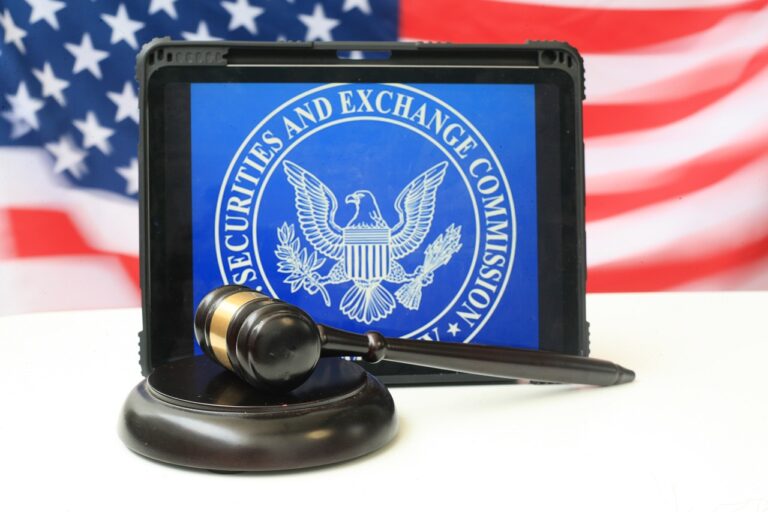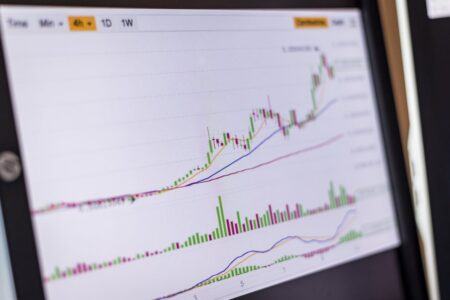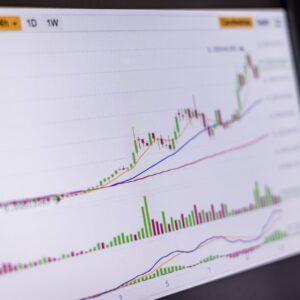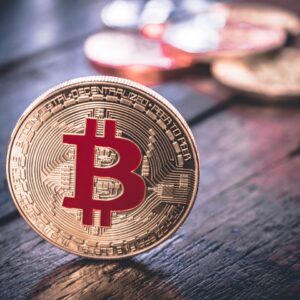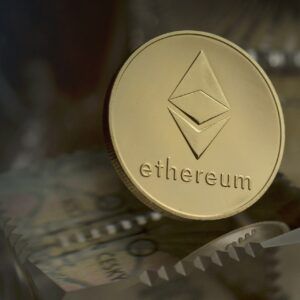On 21 September 2023, On 16 July 2023, Marc Fagel, a Lecturer at Stanford Law School and a former Regional Director (San Francisco Regional Office) at the U.S. Securities and Exchange Commission (SEC), talked about the primary reason behind the SEC’s decision to seek permission for an interlocutory appeal in the Ripple lawsuit (which was initiated by the SEC in December 2020). According to Fagel, the SEC’s move is designed to safeguard its more extensive regulatory efforts against cryptocurrency exchanges, including Binance.
Earlier the same day, Bill Morgan, a lawyer authorized to practice law in both Australia and the UK who has been closely following the SEC v. Ripple lawsuit, announced on X that Binance had submitted a legal memorandum to support its motion to dismiss the SEC’s lawsuit against it. Binance’s legal team emphasized the Ripple ruling as a basis for their argument, stating that the U.S. District Court for the Southern District of New York, which oversaw the Ripple case, determined that Ripple’s XRP sales were not investment contracts but rather blind bid/ask transactions.
Morgan suggested that the SEC might have anticipated that other cryptocurrency companies like Binance and Coinbase would use the Ripple ruling to bolster their defenses. When Morgan asked if Binance’s recent legal arguments were the catalyst for the SEC’s decision to seek an interlocutory appeal, Fagel said that he believed to be the case. He explained that the Ripple ruling could jeopardize the SEC’s broader regulatory program against cryptocurrency exchanges. Fagel noted that if the ruling had only implications for issuers of securities-related assets, the SEC might have tried to navigate around it.
On 13 July 2023, U.S. District Judge Analisa Torres delivered a nuanced ruling in the ongoing legal dispute between the SEC and Ripple Labs, along with its top executives Brad Garlinghouse and Chris Larsen. The SEC had charged Ripple with the illegal issuance and sale of unregistered securities, specifically XRP tokens. Judge Torres’ ruling was a mixed bag, partially supporting and denying summary judgment motions from both parties on different grounds.
A subsequent Pretrial Scheduling Order, released on 9 August 2023, outlined a provisional jury trial for the case, slated to occur between 1 April and 30 June 2024. Notably, the SEC expressed its intent to continue the legal proceedings by filing a motion for interlocutory appeal on 18 August 2023. Ripple countered this motion on 1 September 2023, asserting that the court’s summary judgment did not present a “controlling question of law” that would justify an interlocutory appeal. They also argued that the SEC’s basis for disagreement was fundamentally its dissatisfaction with how the court applied the Howey test to Ripple’s XRP transactions.
In a detailed reply on 8 September 2023, the SEC contended that the legal questions arising from the court’s summary judgment are exactly the types of intricate issues that warrant interlocutory review. The SEC also criticized Ripple for allegedly seeking to extend the litigation, presumably to keep selling XRP. The court is now tasked with evaluating these conflicting arguments. Its decision will either send the case to an appellate court for further review or allow it to proceed to the tentatively scheduled jury trial in 2024.
Featured Image via Pixabay

